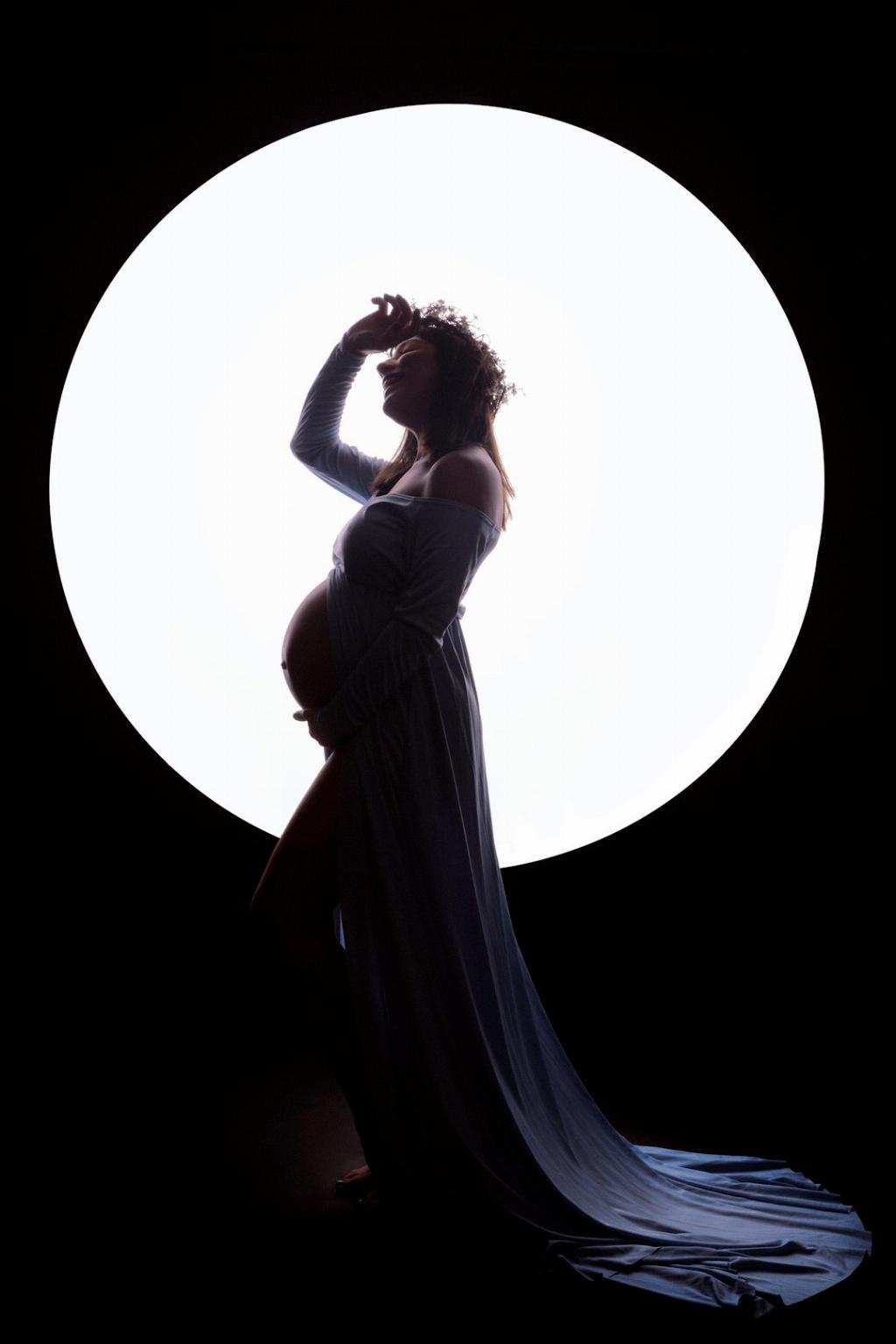One of the key reasons why periods can be particularly challenging after giving birth is the significant changes that occur in a woman’s body during and after pregnancy. One notable change is the increase in blood volume during pregnancy, which rises by approximately 45% to support the needs of both the mother and the developing baby.
Following childbirth, the body gradually readjusts its blood volume back to pre-pregnancy levels. This process of returning to normal blood volume levels can have an impact on the intensity of periods post-birth, leading to heavier menstrual flows than usual due to the body eliminating excess blood.
Moreover, hormonal fluctuations play a crucial role in the way periods are experienced after having a baby. During pregnancy, hormonal levels, particularly estrogen and progesterone, are significantly elevated to support the growth and development of the fetus. After childbirth, these hormone levels fluctuate and readjust, which can result in irregular periods, heavier bleeding, and more intense cramping.
Another factor contributing to the severity of periods after giving birth is the process of healing and recovery that the body undergoes postpartum. The uterus goes through a significant amount of stretching and strain during pregnancy and childbirth, and the postpartum period is crucial for the uterus to contract back to its pre-pregnancy size. This contraction process, known as uterine involution, can lead to more intense cramps and heavier bleeding during periods.
Furthermore, the disruption to the body’s natural rhythm and routine following childbirth can impact how periods are experienced. The lack of consistent sleep patterns, increased stress levels, and the demands of caring for a newborn can all contribute to heightened menstrual symptoms such as fatigue, mood swings, and increased pain.
In addition to the physical changes that occur in the body after childbirth, the emotional and psychological adjustment to motherhood can also influence how periods are perceived. The postpartum period is a time of immense change and adjustment, and the emotional upheaval and stress associated with caring for a new baby can exacerbate menstrual symptoms, making periods seem more challenging than before.
It is essential for new mothers to prioritize self-care and seek support during the postpartum period, as managing the physical and emotional changes that come with childbirth can help alleviate some of the discomfort associated with periods. Proper rest, adequate hydration, nutritious diet, and gentle exercise can all contribute to easing period symptoms and promoting overall well-being.
In some cases, new mothers may experience conditions such as postpartum depression or postpartum anxiety, which can further impact their menstrual health and overall well-being. Seeking professional help and guidance from healthcare providers is crucial in such situations to ensure that both the physical and emotional aspects of postpartum recovery are addressed effectively.
Understanding the factors that contribute to the intensity of periods after giving birth can help new mothers navigate this challenging time with greater ease and awareness. By acknowledging the changes that the body undergoes during and after pregnancy, and taking proactive steps to care for both physical and emotional well-being, women can better manage the challenges that come with postpartum menstruation.
In conclusion, the severity of periods after having a baby is influenced by a combination of physiological, hormonal, emotional, and lifestyle factors. By recognizing the unique challenges that come with postpartum menstruation, new mothers can prioritize self-care, seek support when needed, and navigate this transformative time with resilience and understanding.

